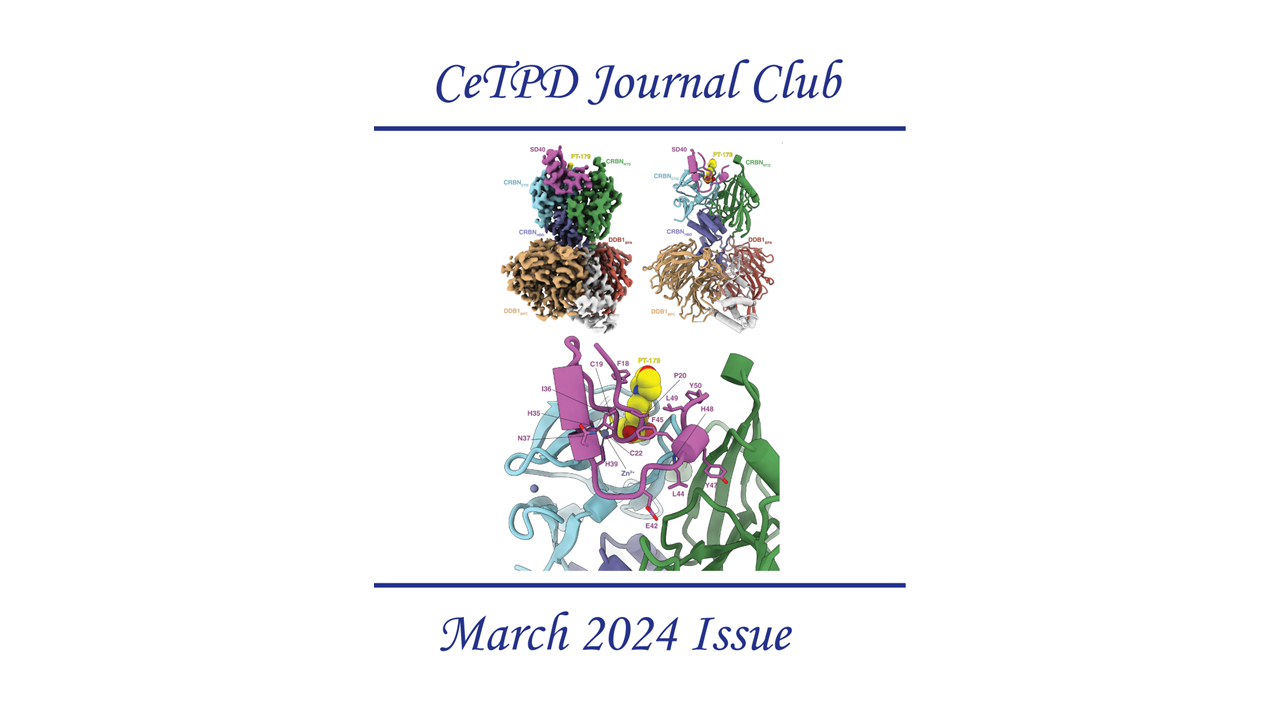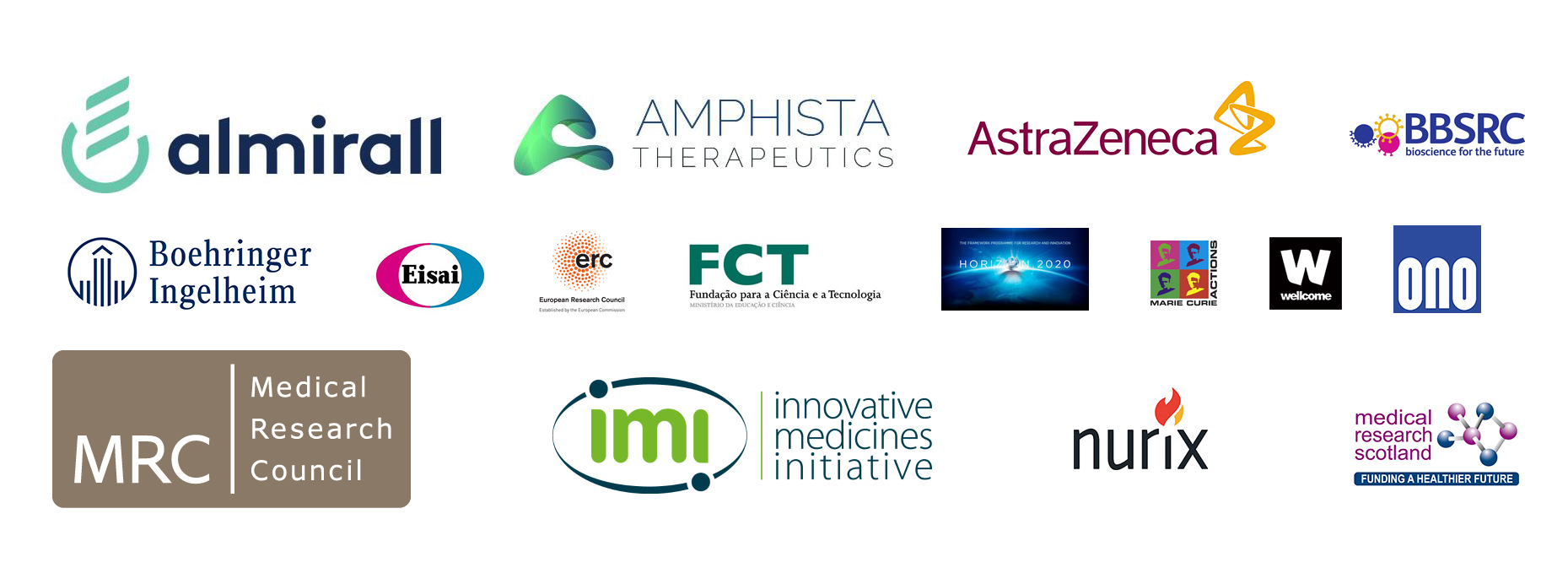
With this event, we aim to foster collaboration, innovation and knowledge exchange among leading scientists, researchers and industry experts in the field of protein degradation and beyond. We will explore the latest scientific advancements and celebrate the opening of the new Centre for Targeted Protein Degradation (CeTPD) at the University of Dundee.
When
Sunday 19 May 2024, 12:00 – Wednesday 22 May 2024, 17:00
Where
School of Life Sciences and Centre for Targeted Protein Degradation, University of Dundee


Funding
Professor Alessio Ciulli
Professor of Chemical and Structural Biology
Centre for Targeted Protein Degradation
School of Life Sciences
University of Dundee
1 James Lindsay Place
Dundee
DD1 5JJ
Scotland, United Kingdom
E-mail: a.ciulli@dundee.ac.uk
Tel: +44 (0)1382 386230
Fax: +44 (0)1382 386373
